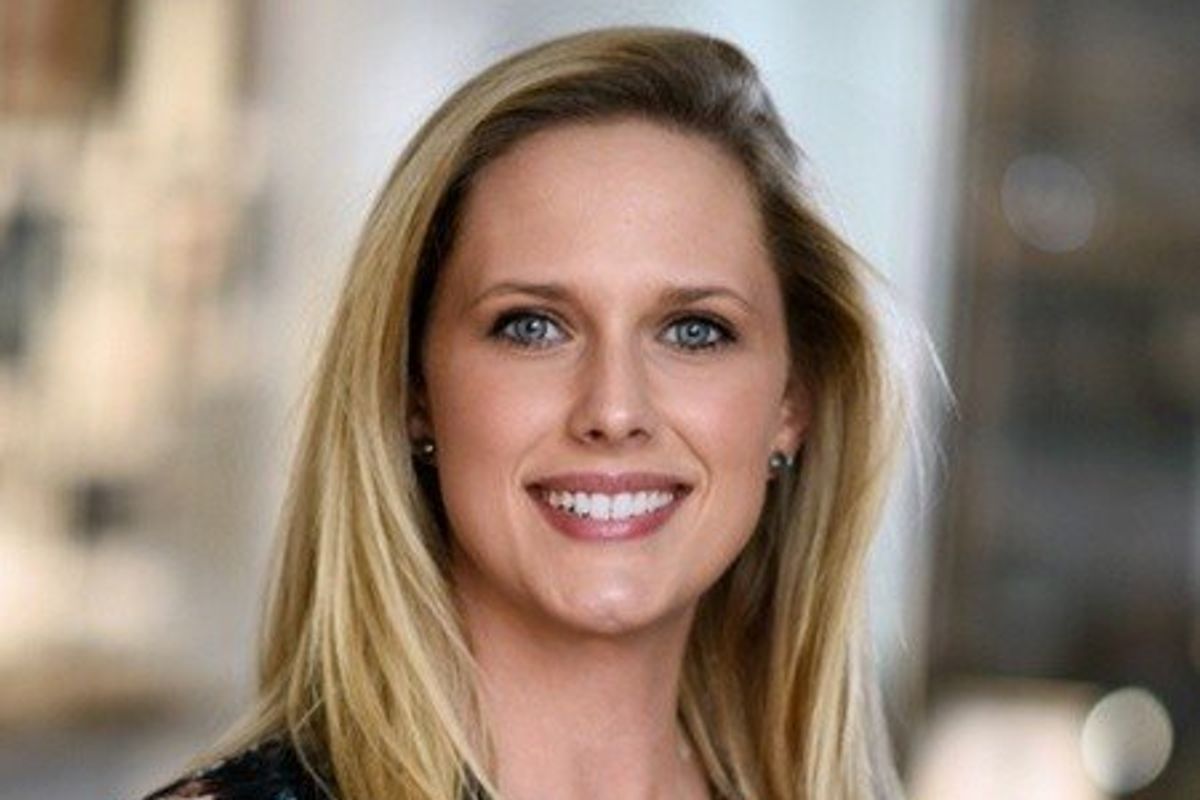Houston startup founders prepare to scale globally following Shark Tank success
HOUSTON INNOVATORS PODCAST EPISODE 205
While Milkify's founders — husband and wife team Pedro Silva and Berkley Luck — secured partners on a popular business pitch and investment show, the entire experience almost didn't happen.
Silva and Luck, who got her PhD in molecular and biomedical s at Baylor College of Medicine, founded the company to provide breast milk freeze drying as a service to Houston-area families. Now, Milkify has customers across the country, but the duo didn't know if going through the process would be worth the investment and publicity, or if it would just be a distraction.
"The competitor in me wanted to be the first breast milk company to go on the show and to tell our story to the world — to show the world what my wife came up with that we thought was so great," Silva says on the Houston Innovators Podcast. "It was probably the scariest 45 minutes of my life."
But the sharks bit. Milkify's episode aired in April, and two investors — Gwyneth Paltrow and Lori Greiner — agreed to a $400,000 convertible note for 20 percent equity in the company. Paltrow even said on the show that she would have used the service when she was breastfeeding.
"It was empowering," Luck says of getting to wear her white coat on TV and share the story of how she came up with the idea of Milkify. "It was important to me when we went on the show to express that this had a scientific basis, that we didn't start this lightly, and that we've made huge strides in doing this in the absolute safest way possible."
Silva says they can't talk about some of the details of the show or the deal, but since then, Milkify has reached new customers, received additional investment interest, grown its team, and built out its plan to scale, the founders shared on the podcast. The team also shares its big-picture scale plans, which include tapping international partners to potentially take Milkify's tech global.
"Our vision is for every family to have access to breast milk formula, but instead of re-creating breast milk in a lab, we're doing it with mom's own milk," Silva says, mentioning a partnership with a breast milk bank that will convert its operation from freezing to freeze drying donated milk. "We're also working with groups in the UK and Australia to launch similar services using our patented technology."
"By the end of the year, we hope to see some announcements with those partnerships across the globe."
From the beginning, the importance of Milkify's team has been on supporting working parents to give them the best way to care for their families, Silva says. And for Luck — who says she's proud of the integrity Milkify has at its core despite competitors offering lower-quality and, in some cases, dangerous alternatives — she sees a lot of research benefits for the company.
"It's amazing to be at this leading edge, not just of innovation but of research, and to be able to still put out meaningful advances as an industry partner, not just as an academic," Luck says, adding that she hopes to be able to continue to contribute to the ongoing research into breast milk.
Luck and Silva share more about their Shark Tank experience, their co-founder strengths, and the future of Milkify on the podcast. Listen to the interview here — or wherever you stream your podcasts — and subscribe for weekly episodes.
- InnovationMap, HX reveal winners from 2022 Houston Innovation Awards Gala ›
- Finalists named ahead of 2022 Houston Innovation Awards Gala ›
- Houston startup scores on TV, medical entrepreneurs land new gigs, and more innovation news ›
- Houston startup with breast milk freeze-drying tech heads to Shark Tank ›

 This Houston innovator is set on bringing more innovation off campus and into the world
This Houston innovator is set on bringing more innovation off campus and into the world

 Berkley Luck and Pedro Silva — the wife and husband team behind Milkify — appear on Shark Tank this Friday. Photo courtesy of Milkify
Berkley Luck and Pedro Silva — the wife and husband team behind Milkify — appear on Shark Tank this Friday. Photo courtesy of Milkify


